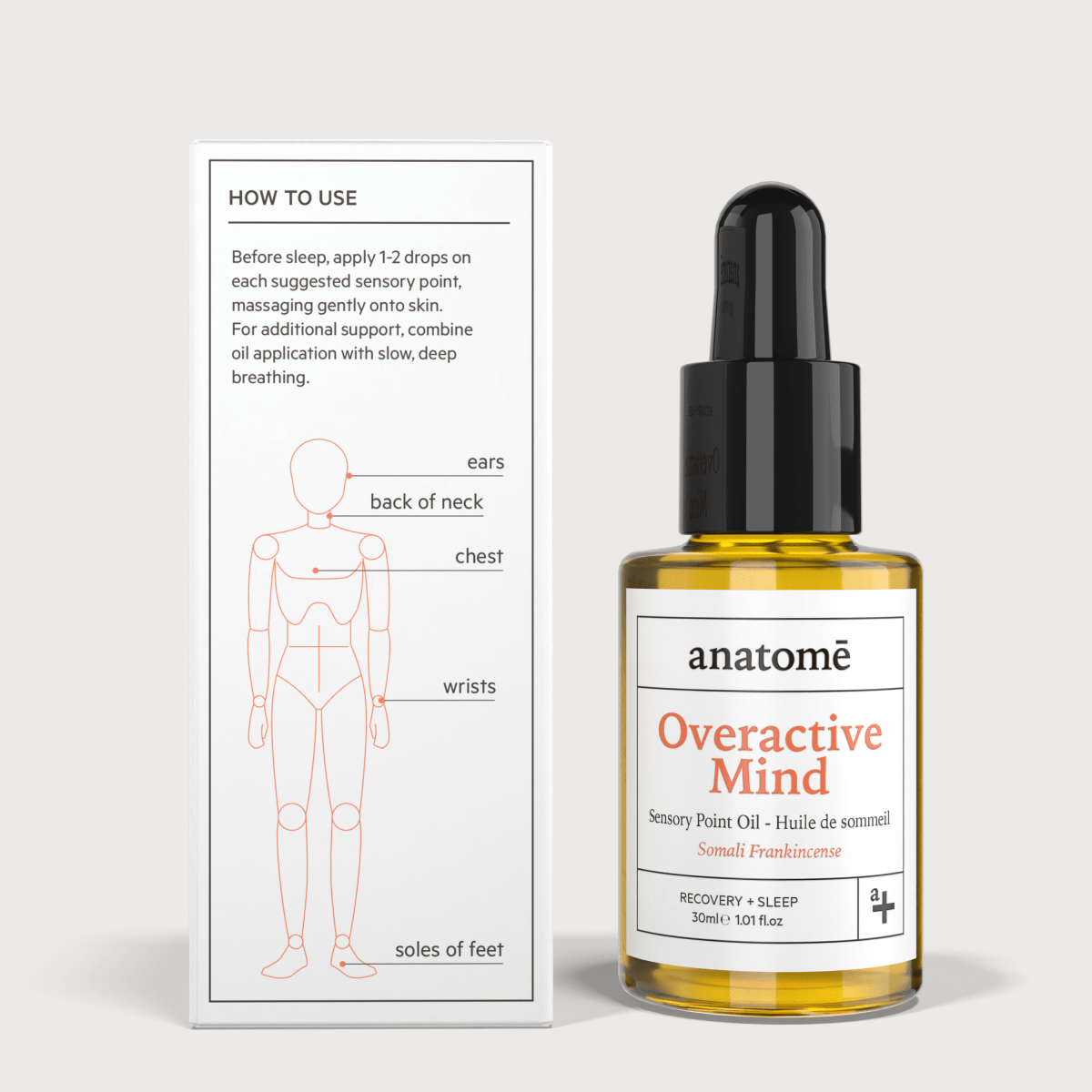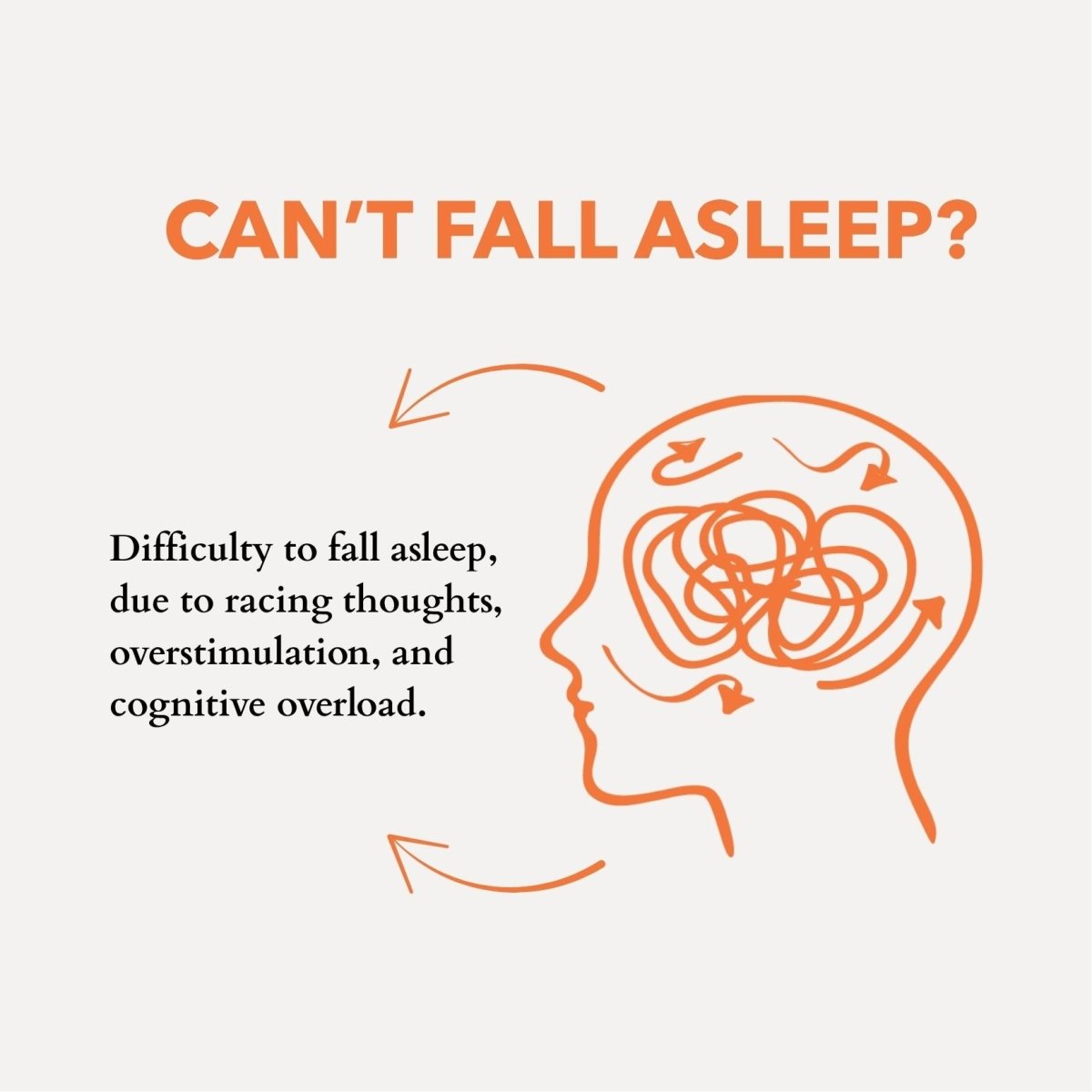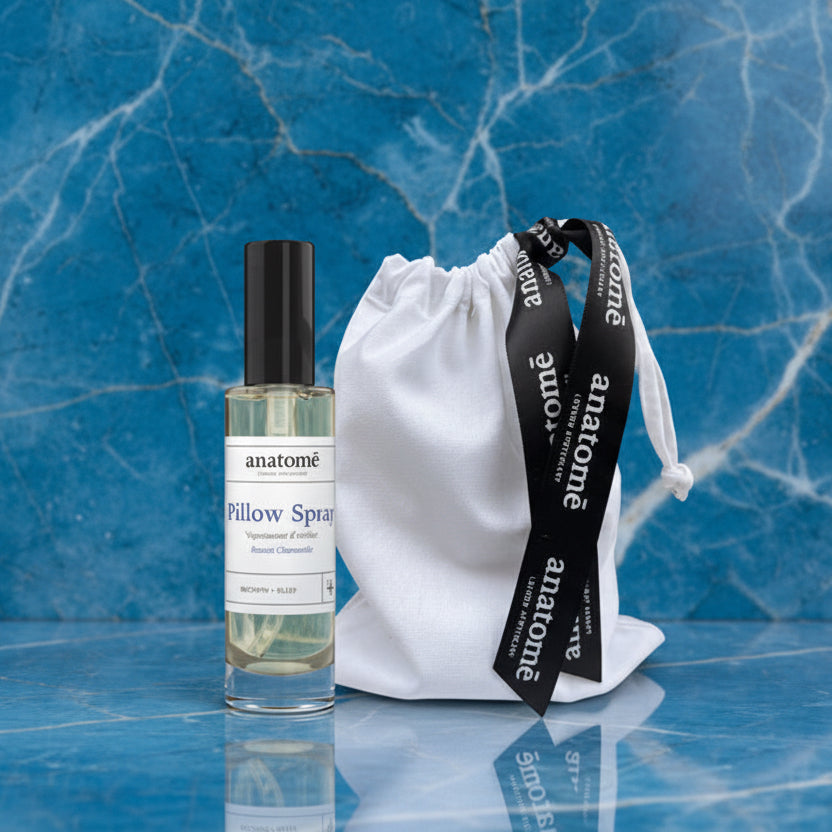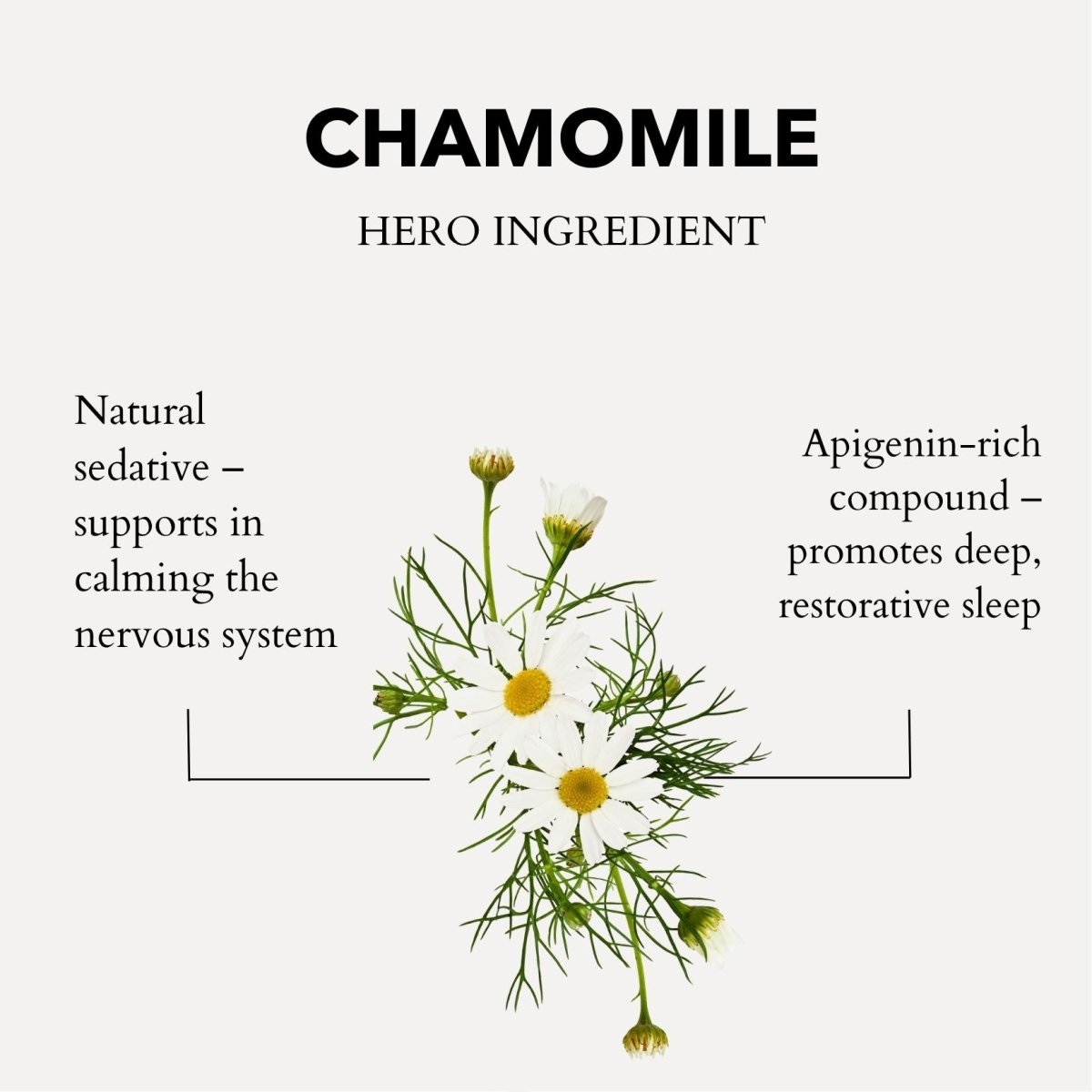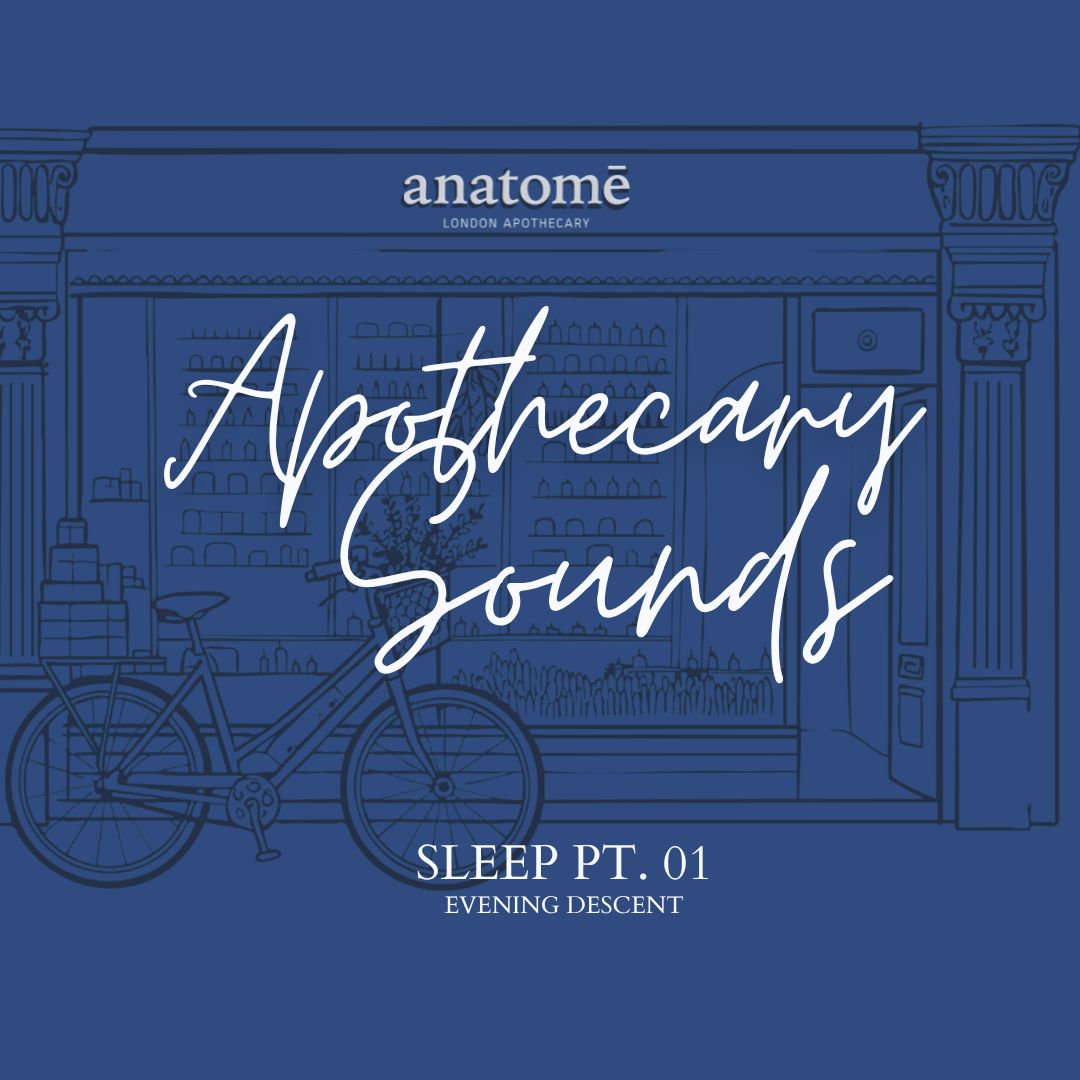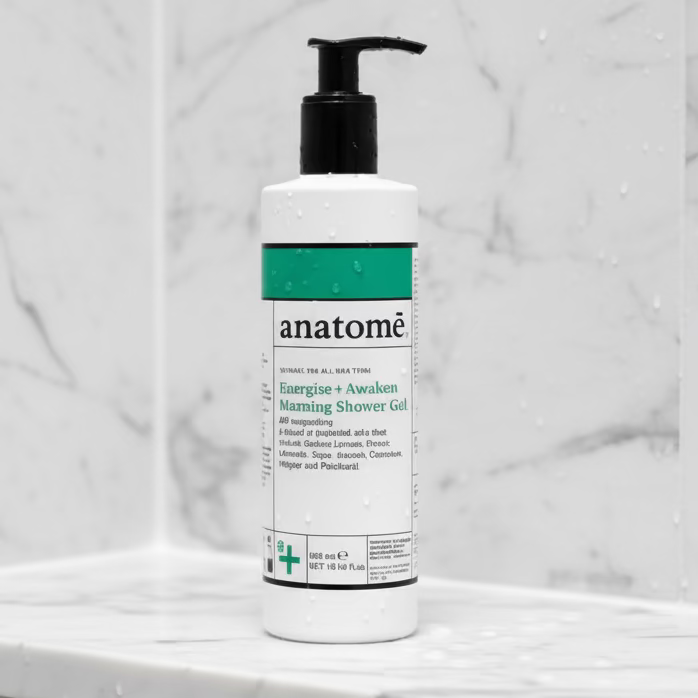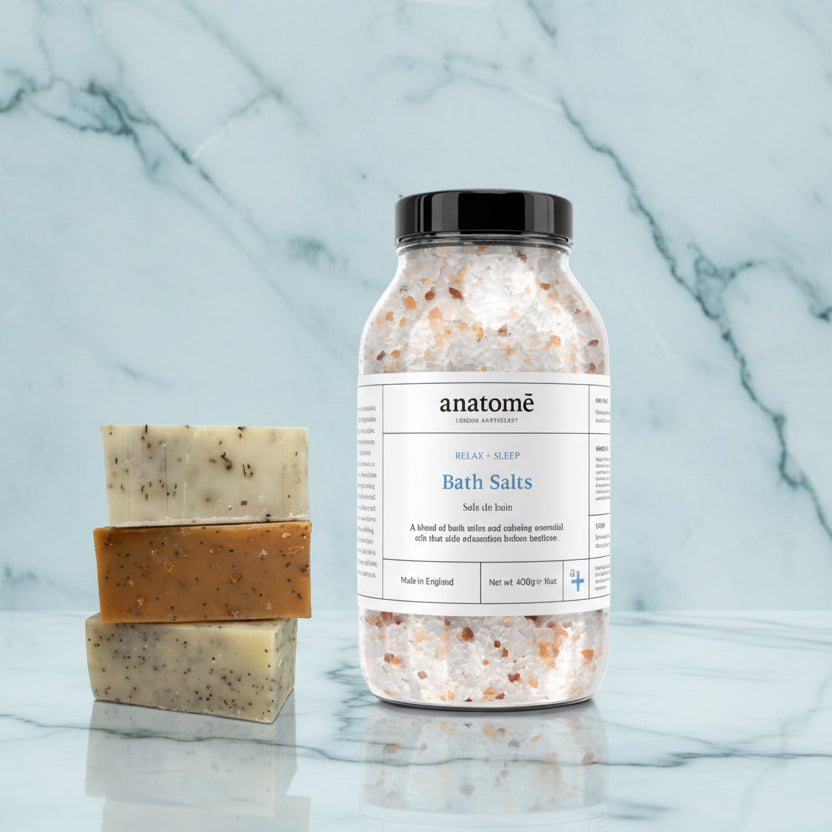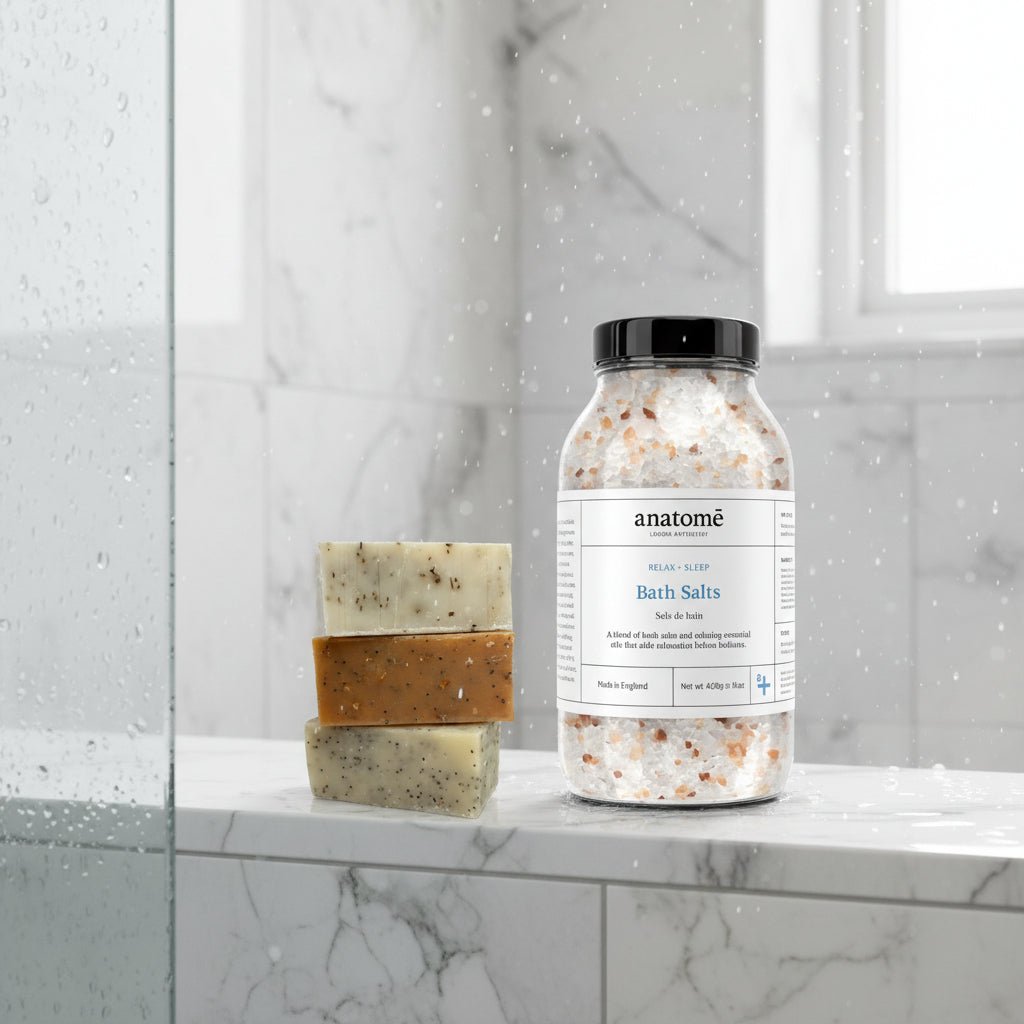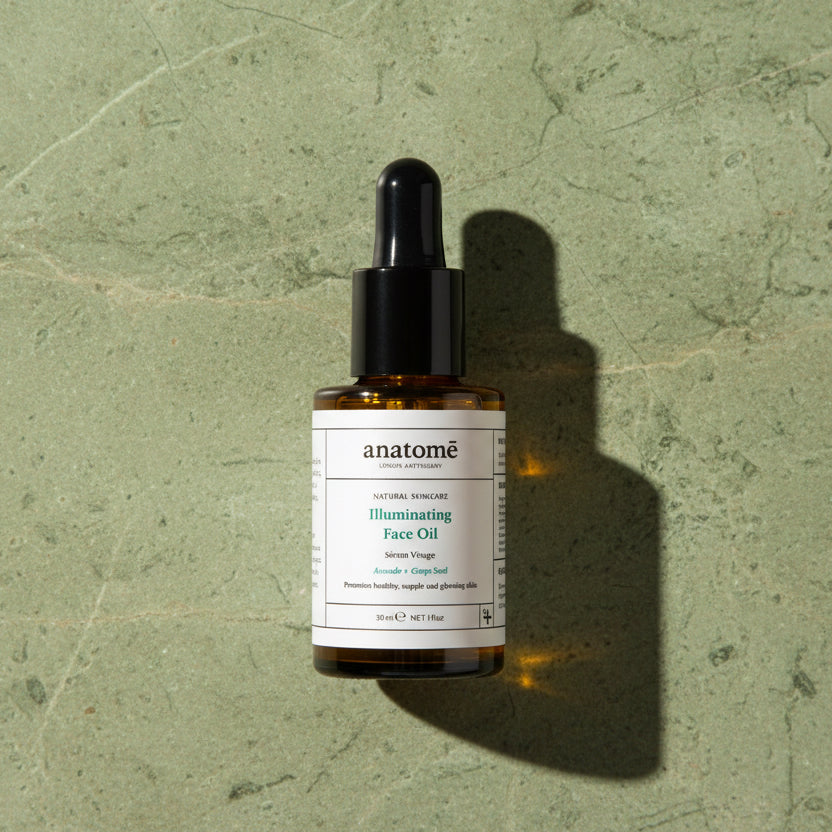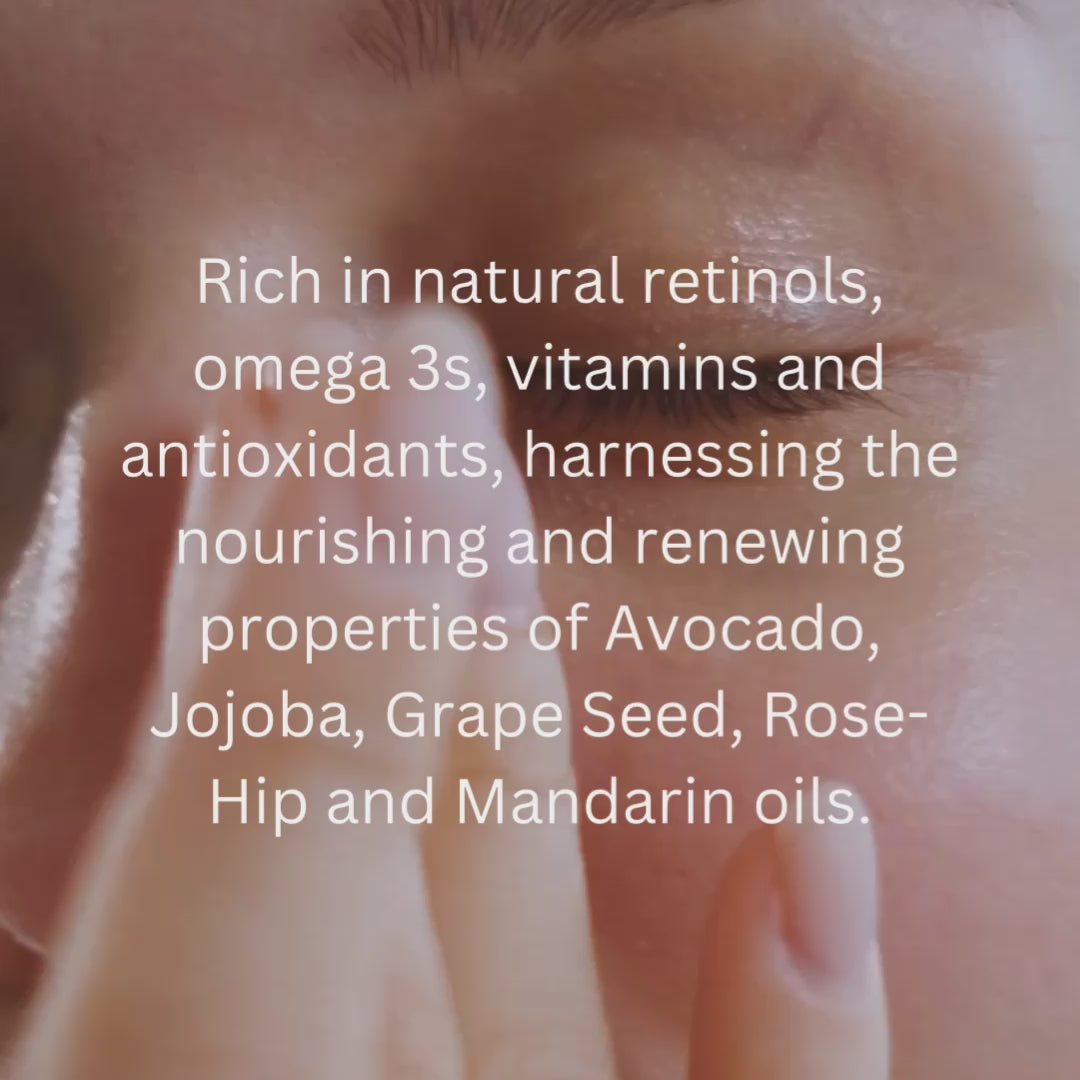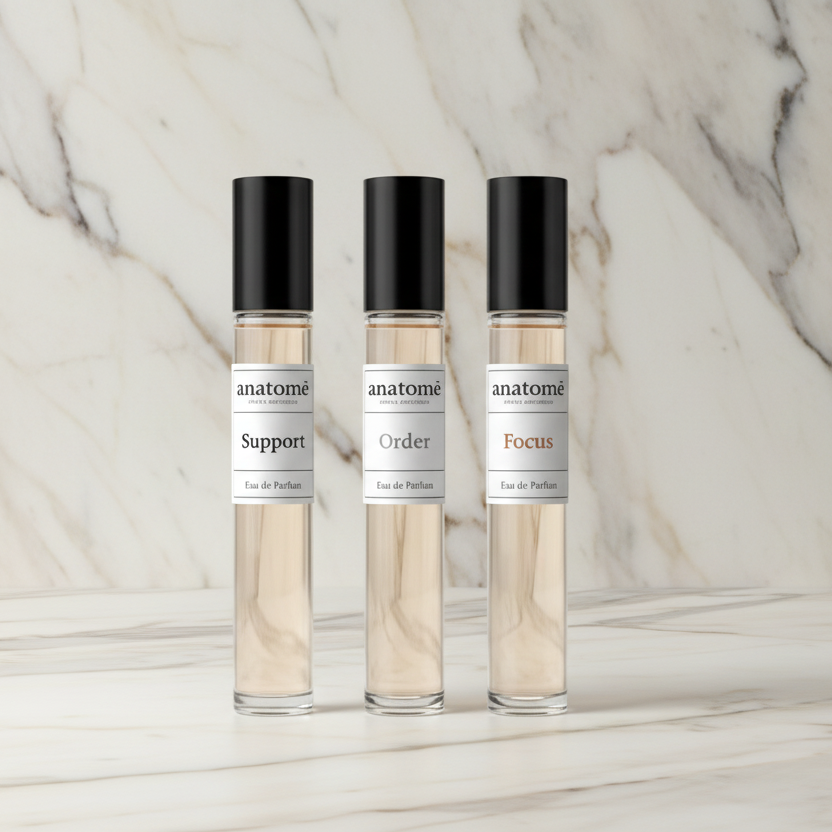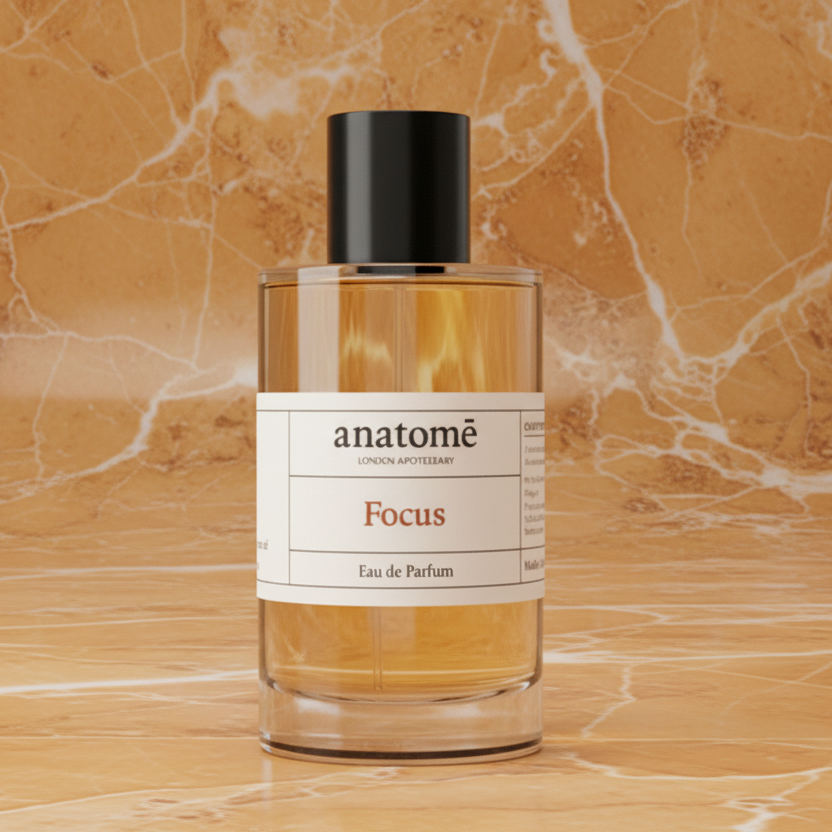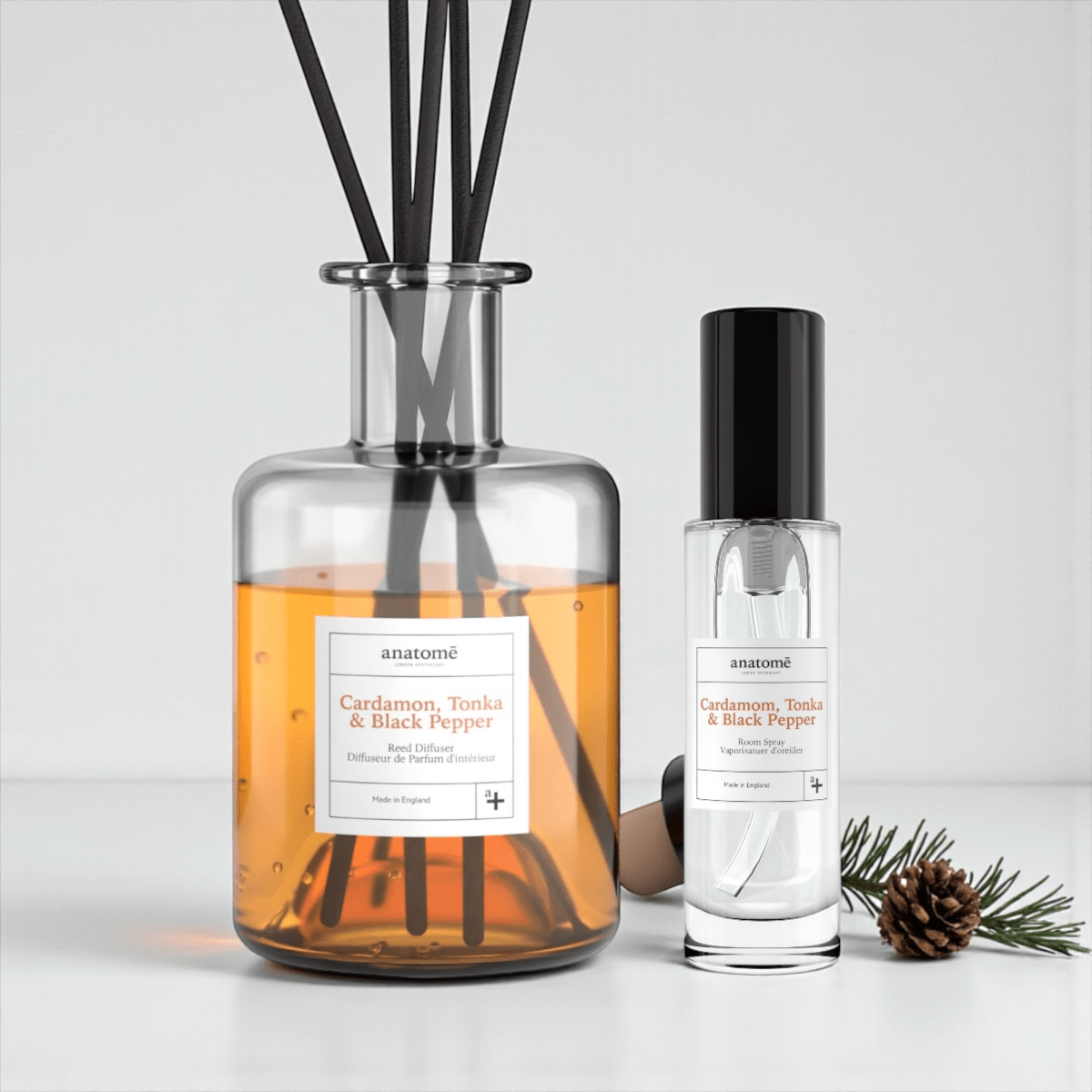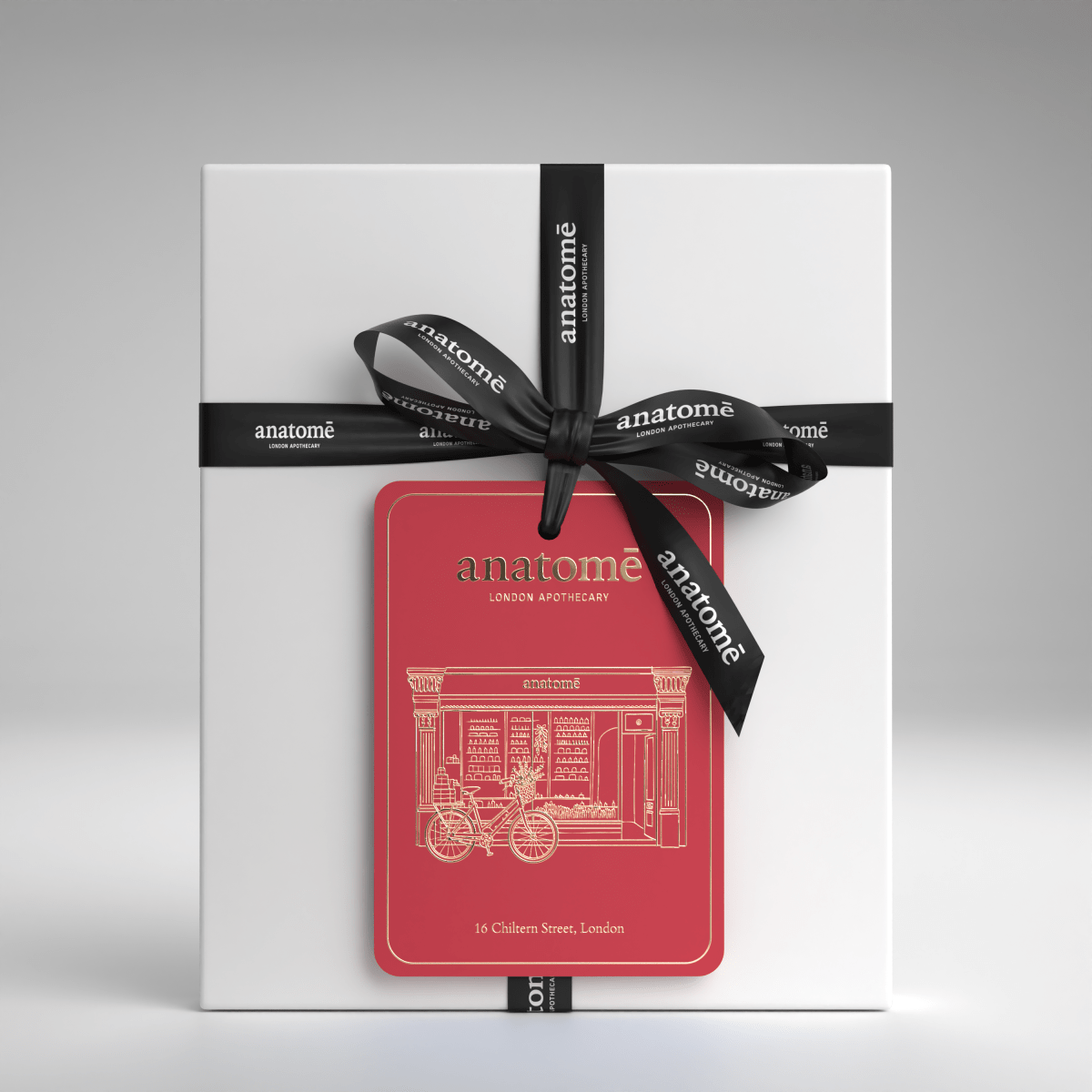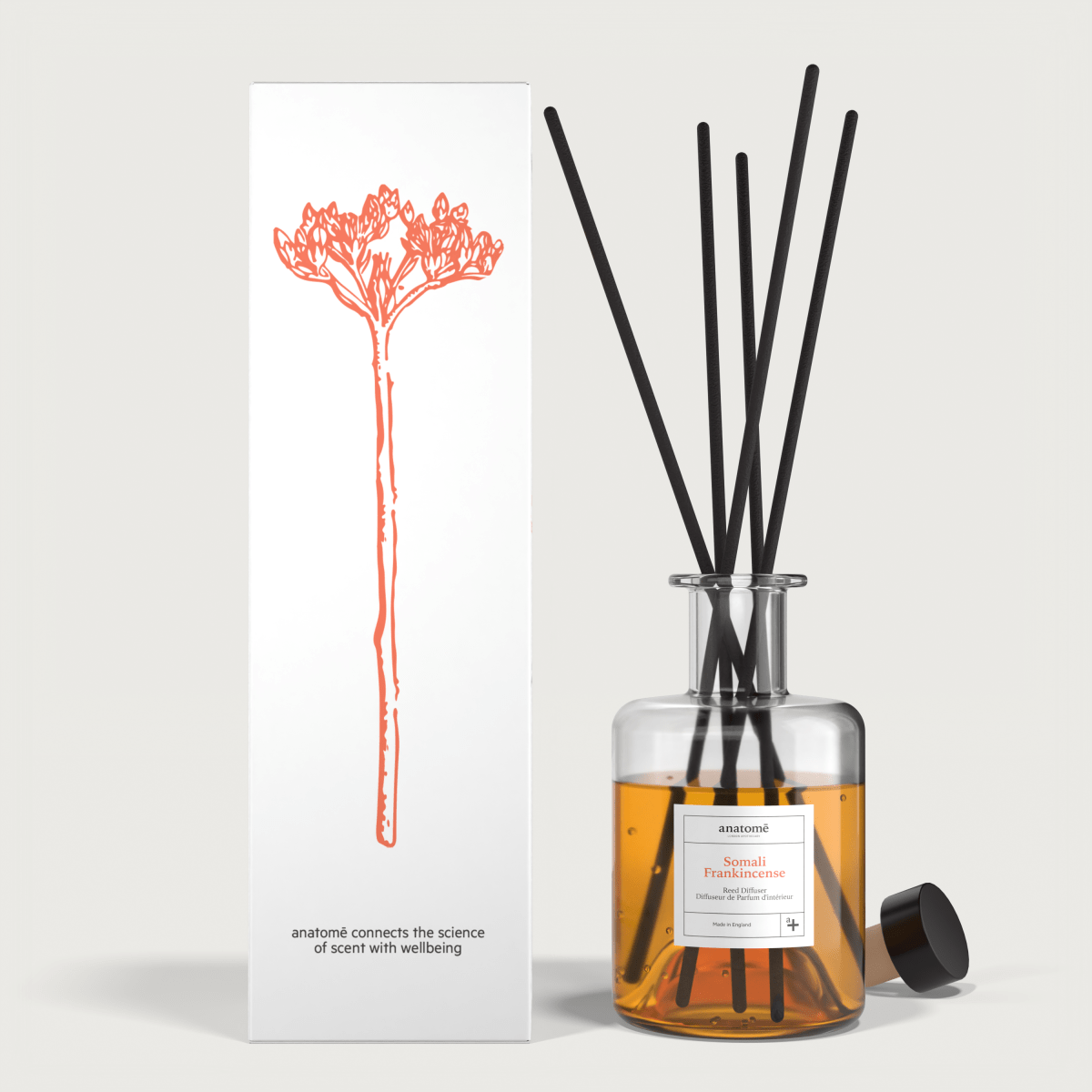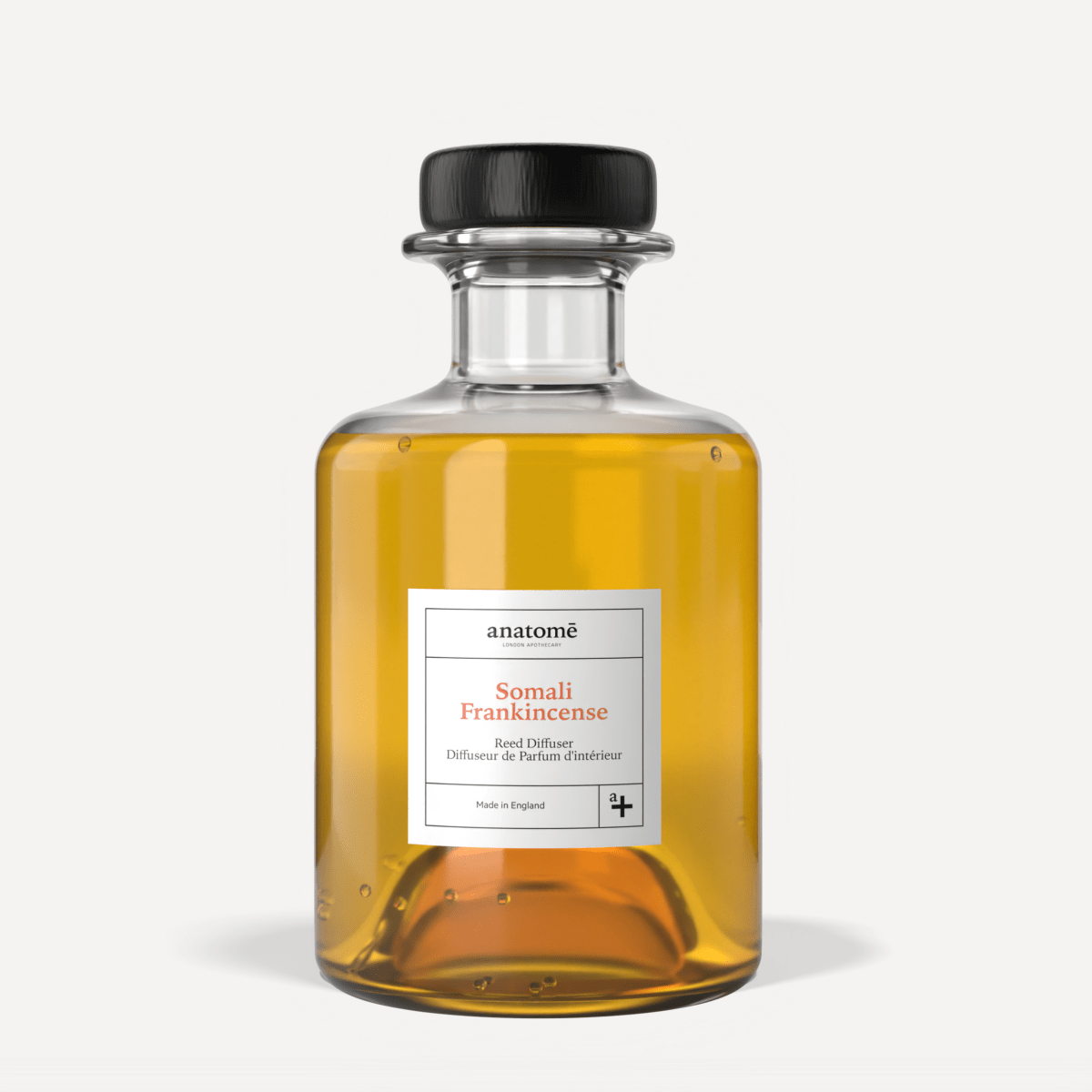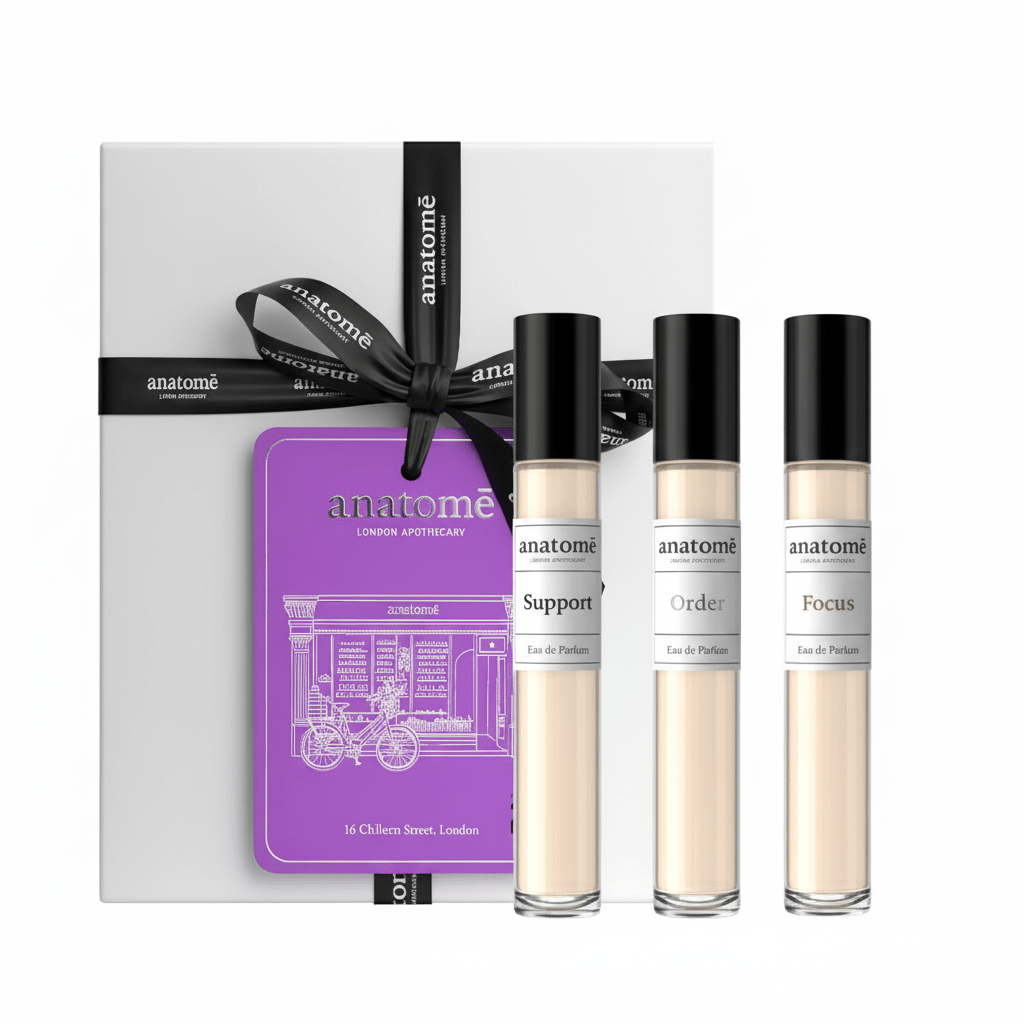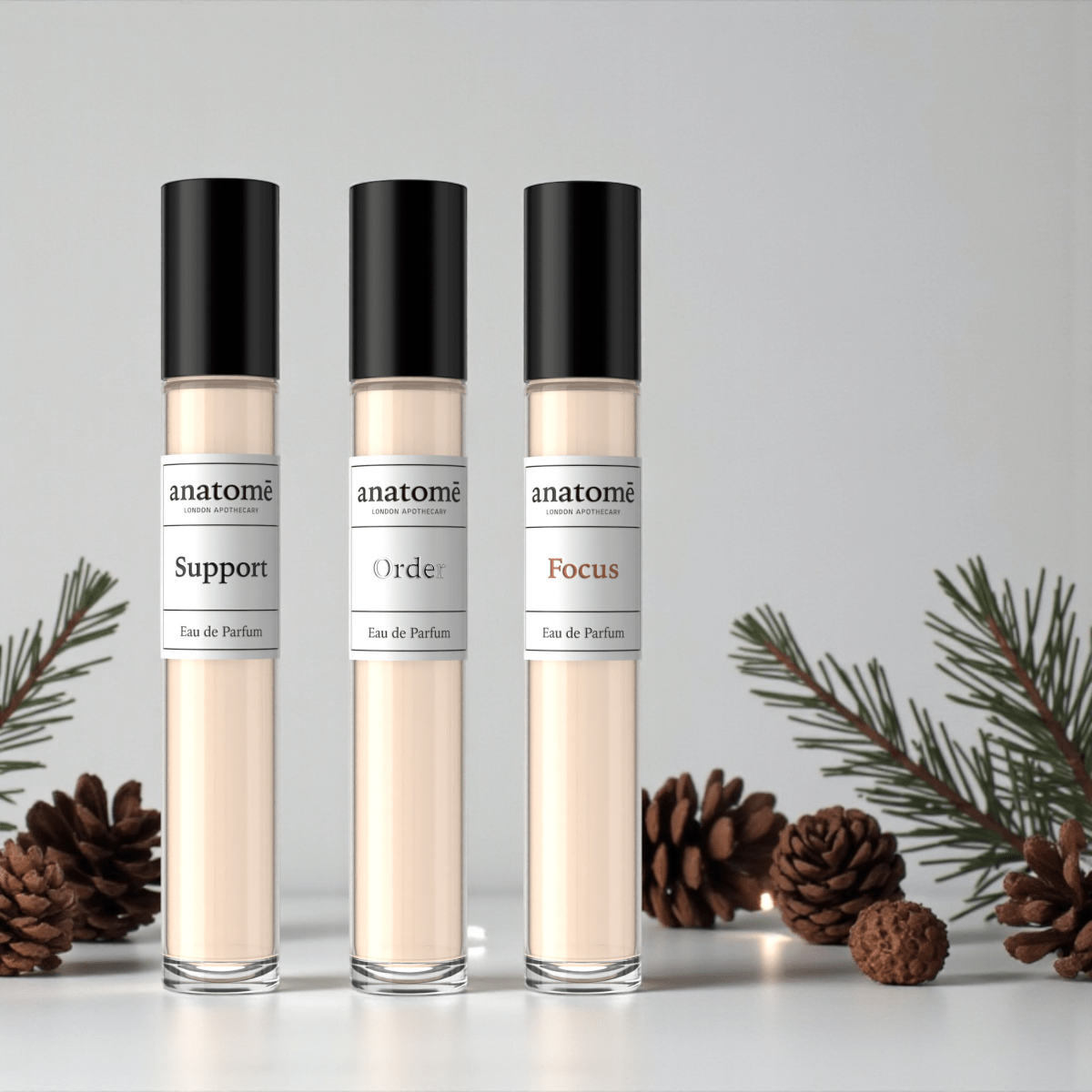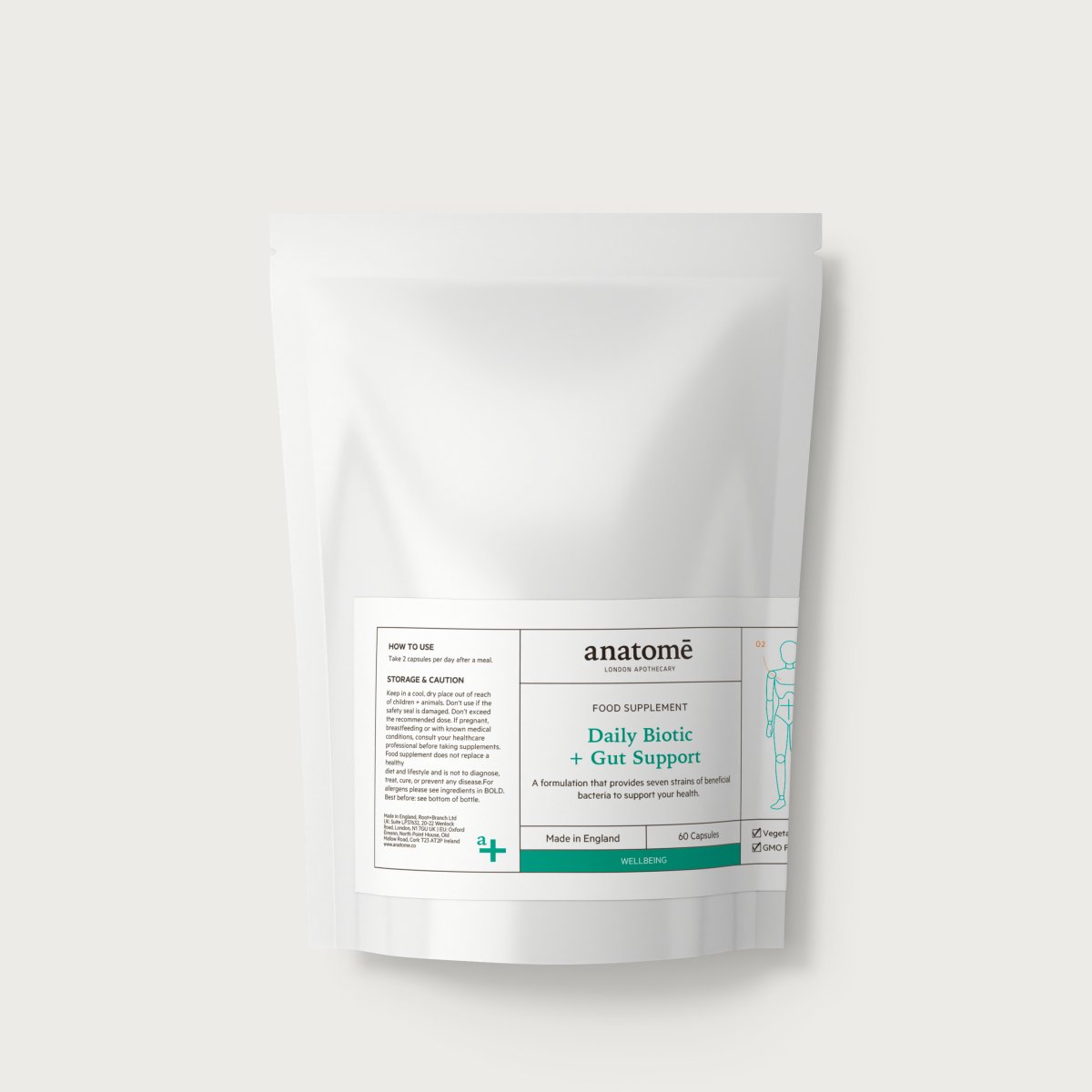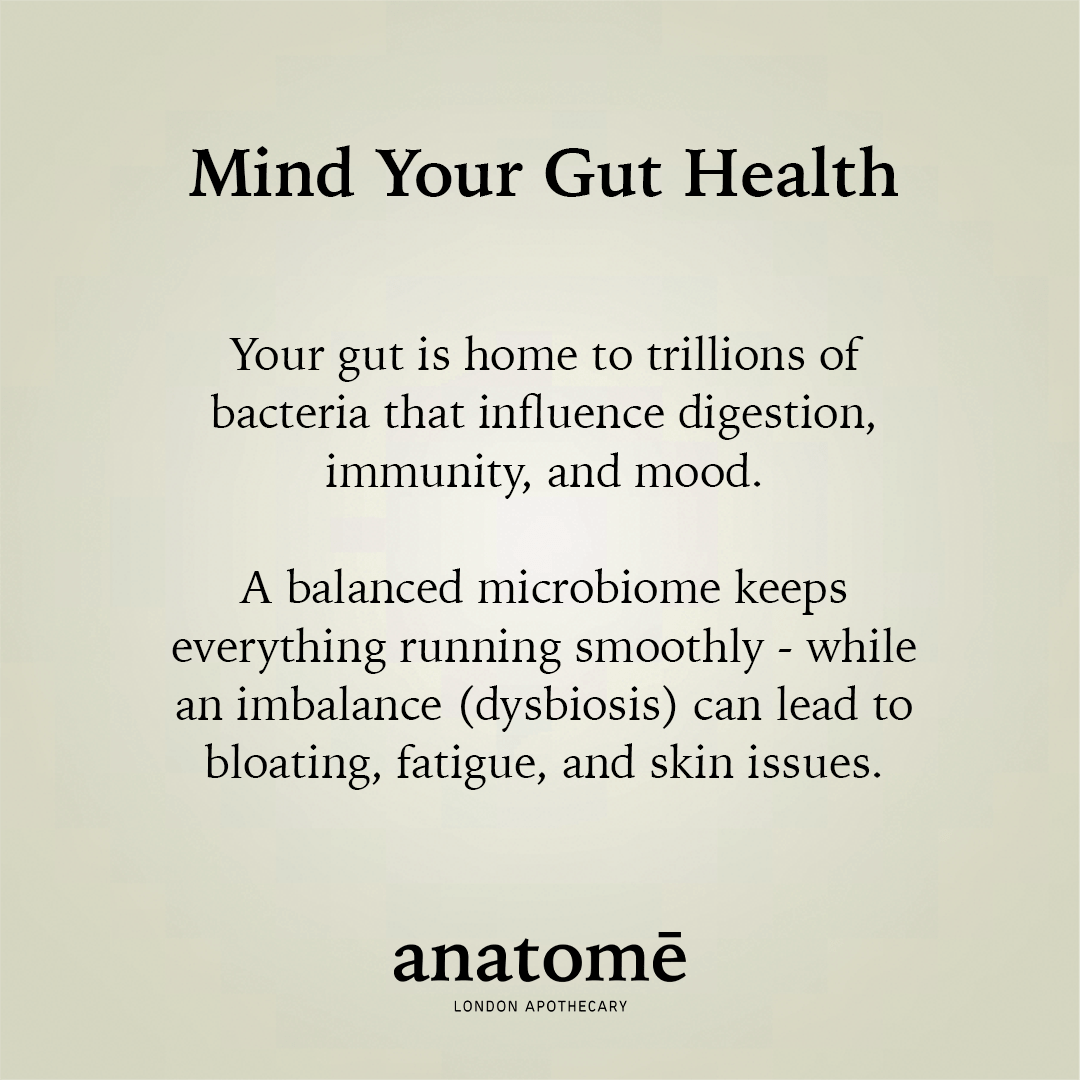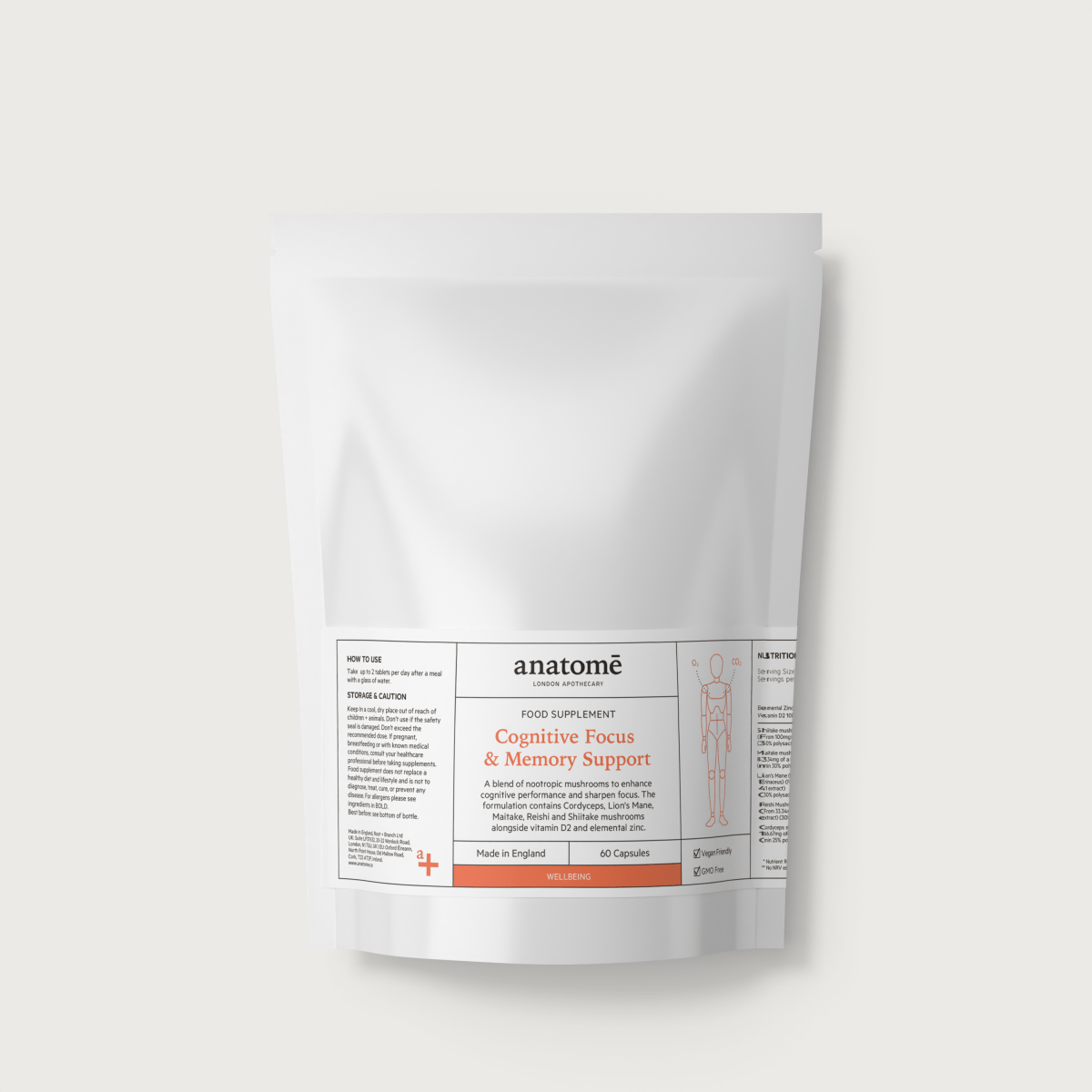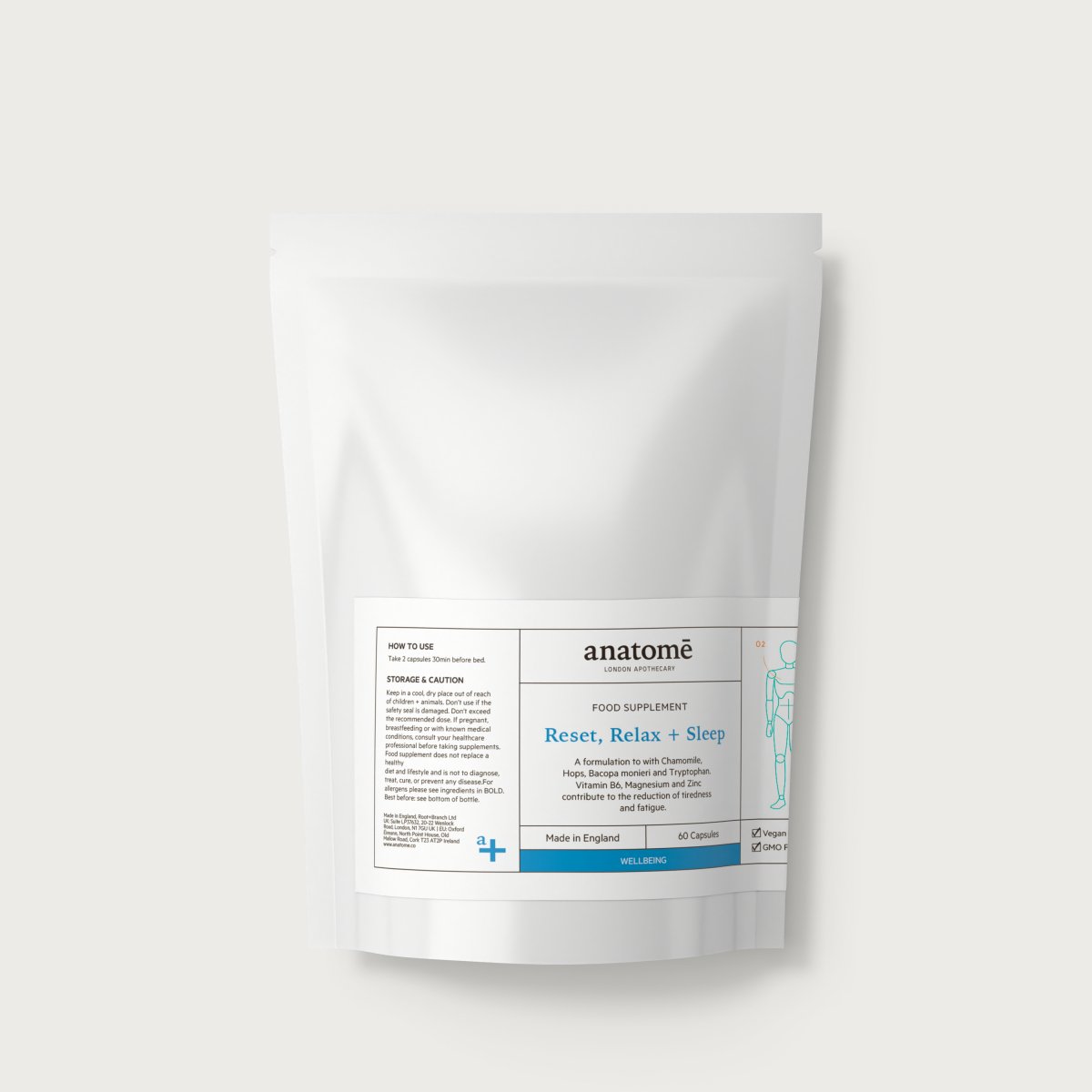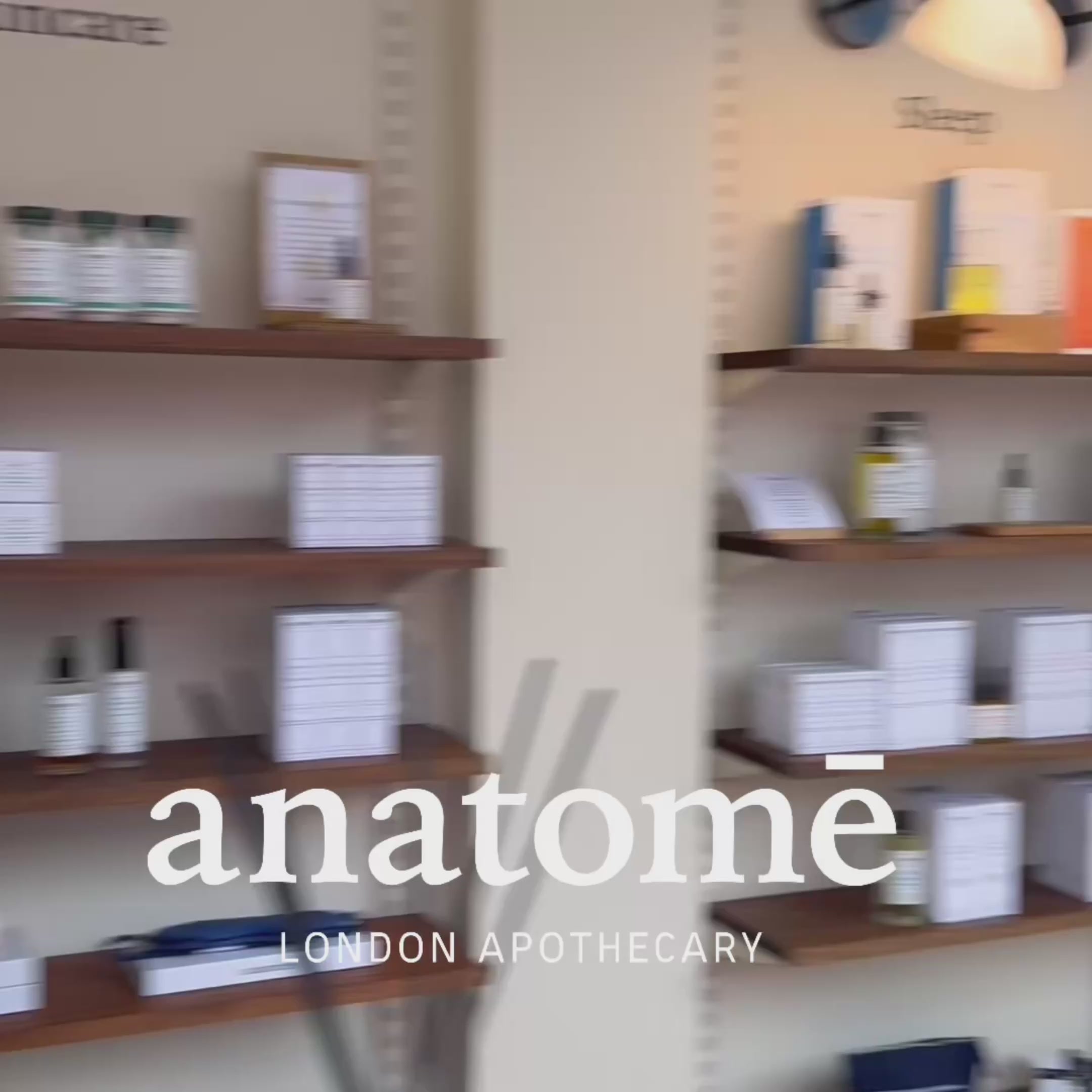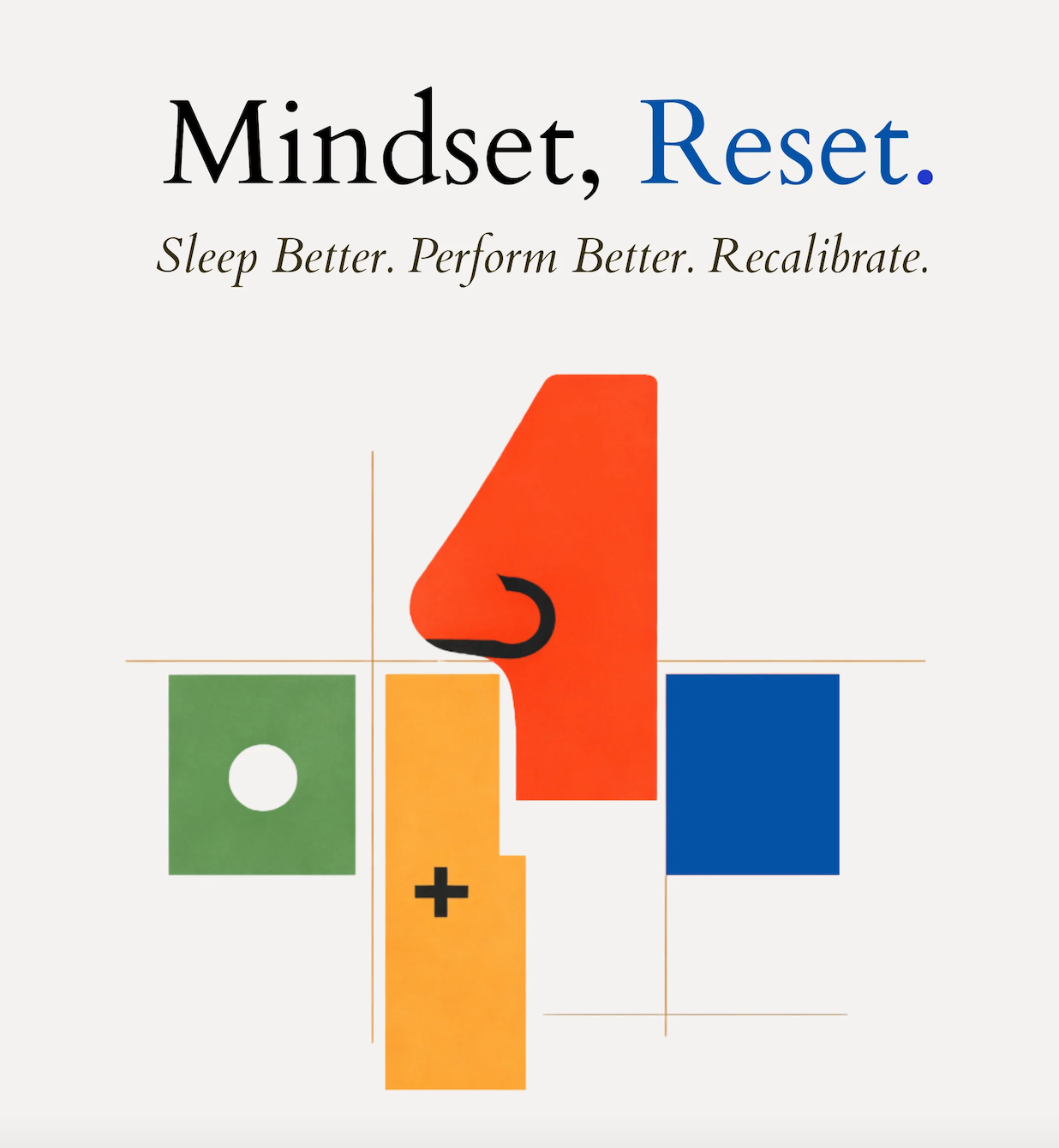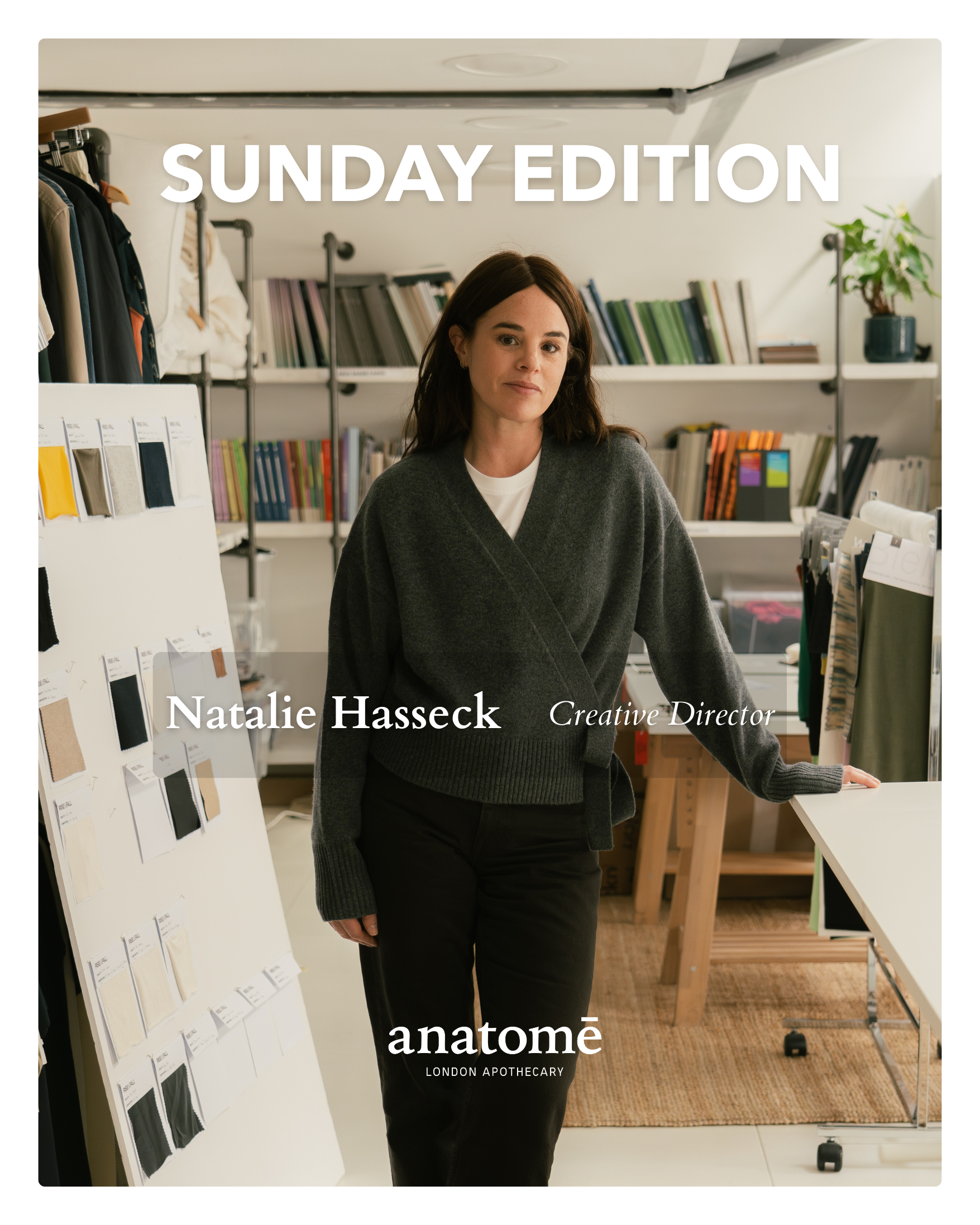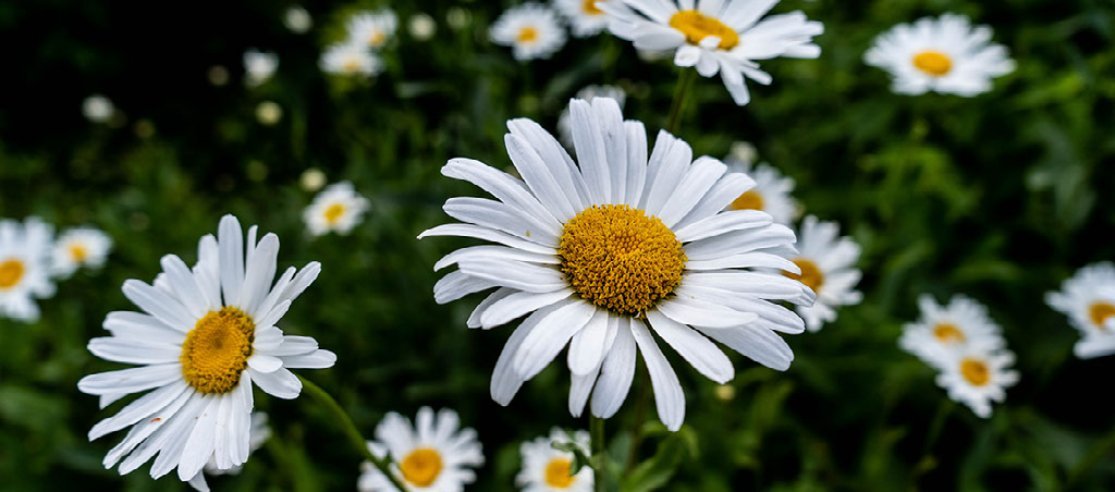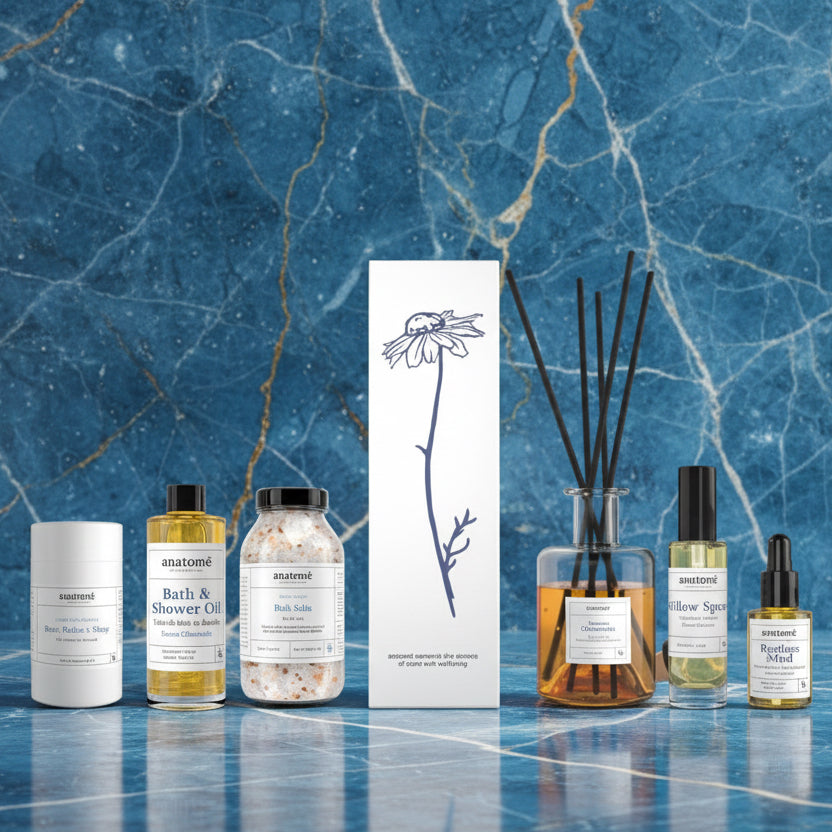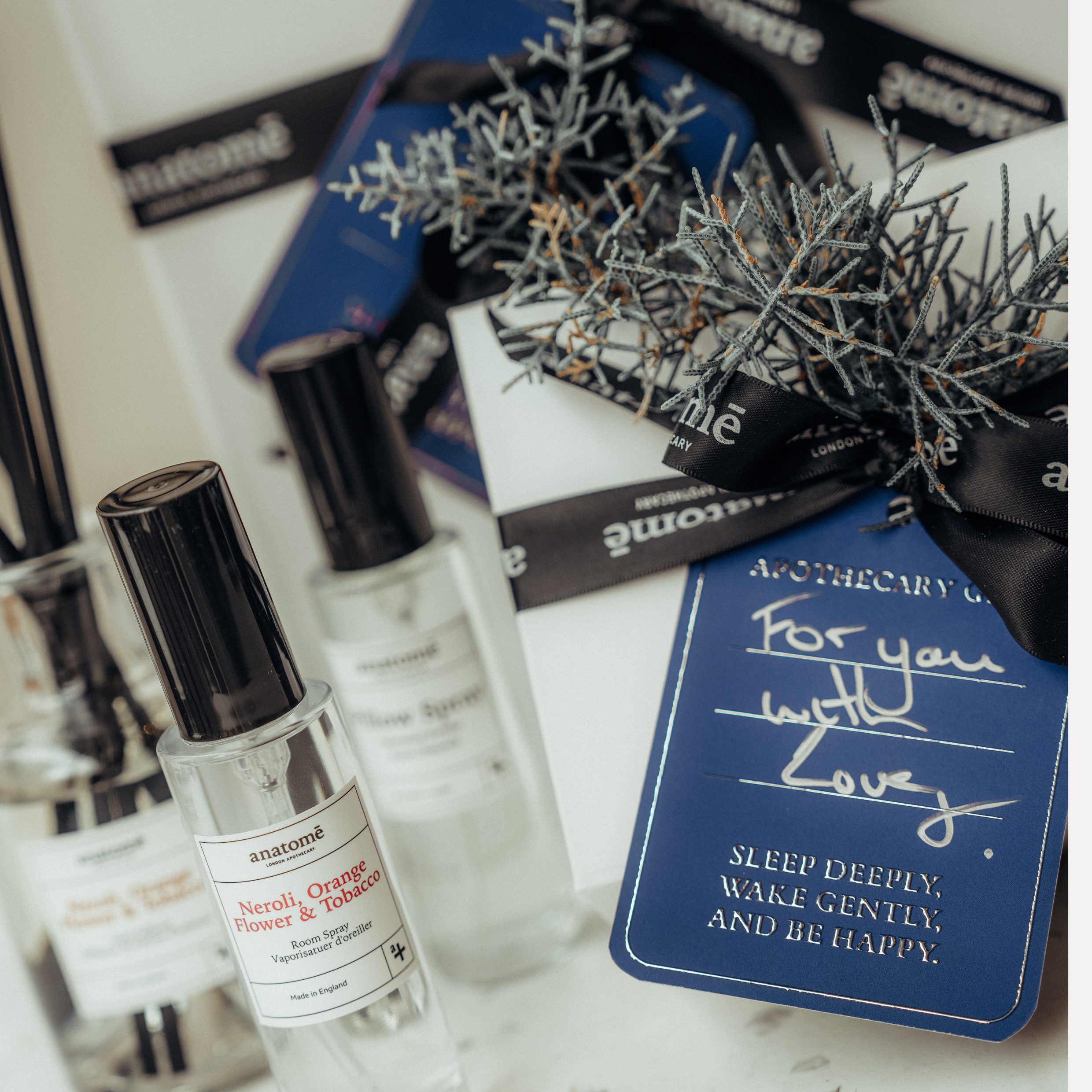Chamomile is a well-known flower to have calming properties and has long been associated with promoting a good night’s sleep. Insomnia, depression and anxiety are often related, in one study used oral German chamomile extract in people with anxiety and depression. Researchers observed a significant reduction in depression symptoms after eight weeks of treatment in the group given chamomile extract.
Today the plant can be found on all continents. The flowers contain a blue essential oil, which gives them the characteristic smell and exciting properties. German chamomile is often used in herbal medicine for a sore stomach, skincare and irritable bowel syndrome. It is also an anti-inflammatory and bactericidal effect. Research with animals suggests antispasmodic, anxiolytic, and anti-inflammatory properties of chamomile.
Its essential oil’s natural constituents include the terpenes bisabolol, farnesene, and chamazulene, the flavonoids apigenin, quercetin, patuleti and luteolin, and coumarin
Studies show a significant increase in sleep quality after taking chamomile extracts. It is rich in apigenin, a phytochemical that binds to specific brain receptors inducing sleep involving the GABA neurotransmitter. GABA enables the body and mind to relax and fall asleep, helping the brain to achieve complete sleep cycles and making you sleep soundly throughout the night.
Historically, chamomile has been used extensively for its therapeutic and mild sedative properties to reduce stress and anxiety, making it an ideal sleep aid for overactive minds. L-Theanine, an amino acid naturally found in chamomile and green teas, helps your brain increase alpha waves, GABA, serotonin and dopamine. Research shows L-theanine can improve sleep quality, not by acting as a sedative but by lowering anxiety and promoting relaxation. Chamomile tea, for example, is an excellent tea for finding rest and relaxation. Its effects have been proven to help with anxiety and are one of few herbs that have been adopted as alternative forms of medicine for generalised anxiety disorder.

